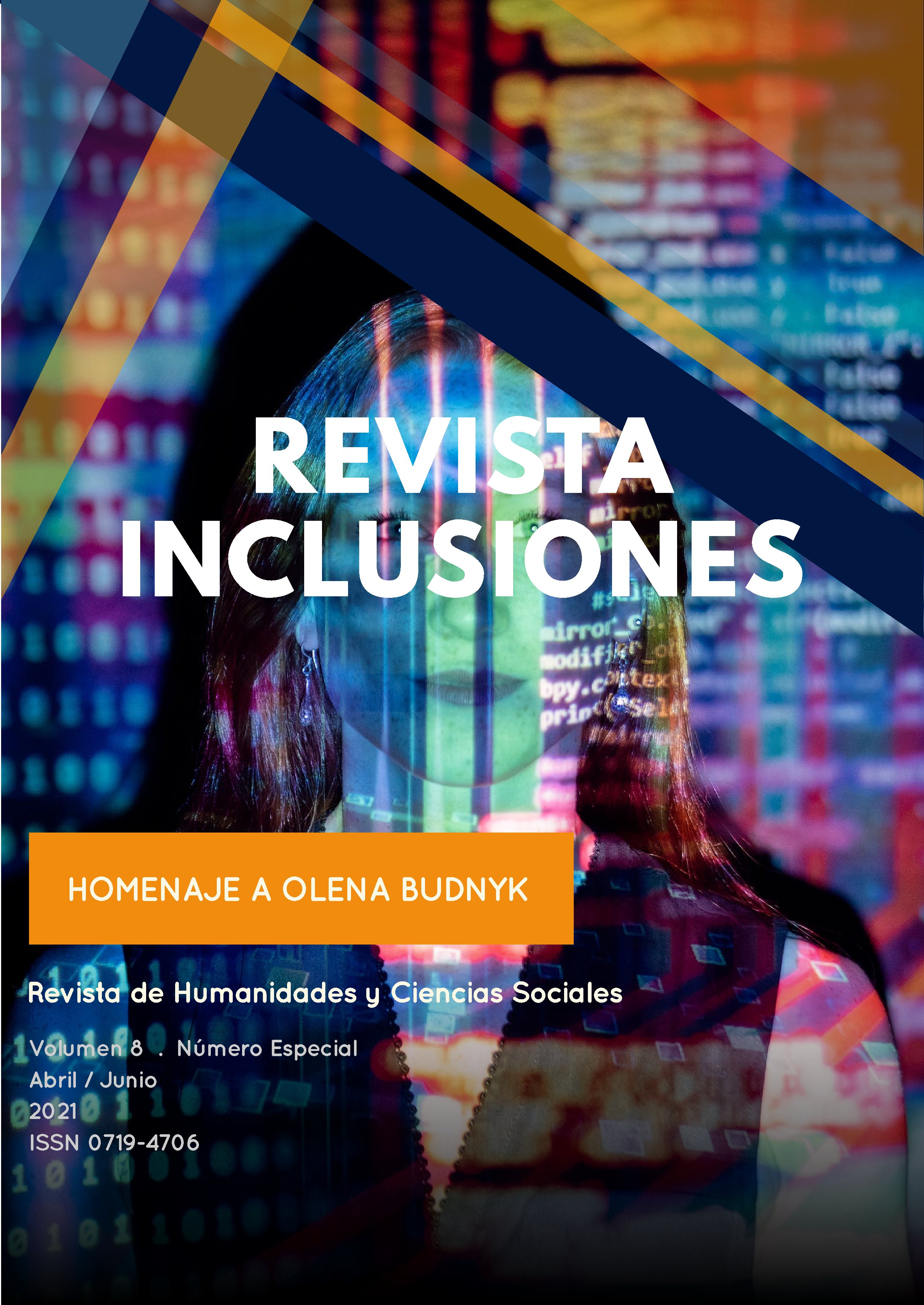WOMEN'S HUMAN RIGHTS AND RESPONSIBILITY OF STATES FOR INTERNATIONALLY WRONGFUL ACTS: CASE STUDY MARIA DA PENHA FERNANDES AGAINST THE FEDERATIVE REPUBLIC OF BRAZIL
Abstract
The paper proposes the discussion of the protection of women's human rights based on the
responsibility of states for internationally wrongful acts, which was done through the analysis of the
Maria da Penha Fernandes case against the Federative Republic of Brazil. The hypothesis is that the
public recognition of the responsibility of state for internationally wrongful acts in the legal protection
of women has significant and positive repercussions in the context of promoting gender equality in
society. The justification of the research is the little expressiveness of women's legal protection before
international society and the need to overcome taboos regarding the recognition of domestic violence
as a situation that deserves the protection of international law and international human rights
protection institutions. The qualitative method was used. The research sources are documentary and
bibliographic. As a result, it was found that the public recognition of Brazil's omission gave rise to a
real revolution in the Brazilian legal system, which provided the system of legal organs and
instruments for the promotion and protection of women in society brazilian, but that was not enough
to reduce the rates of violence against women in Brazil, which is why it is concluded that the
symbolism of international recognition is positive and important as a discursive framework within
international law, internal repercussion, but it is not sufficient for the effective protection of women in
society.
Downloads
Published
How to Cite
Issue
Section
License
Copyright (c) 2021 Anne Michelle Schneider

This work is licensed under a Creative Commons Attribution 4.0 International License.
Authors retain copyright and grant Revista Inclusiones the right of publication under Creative Commons Attribution 4.0 International (CC BY 4.0). This allows use, distribution, and reproduction in any medium, provided proper attribution is given to the author.











